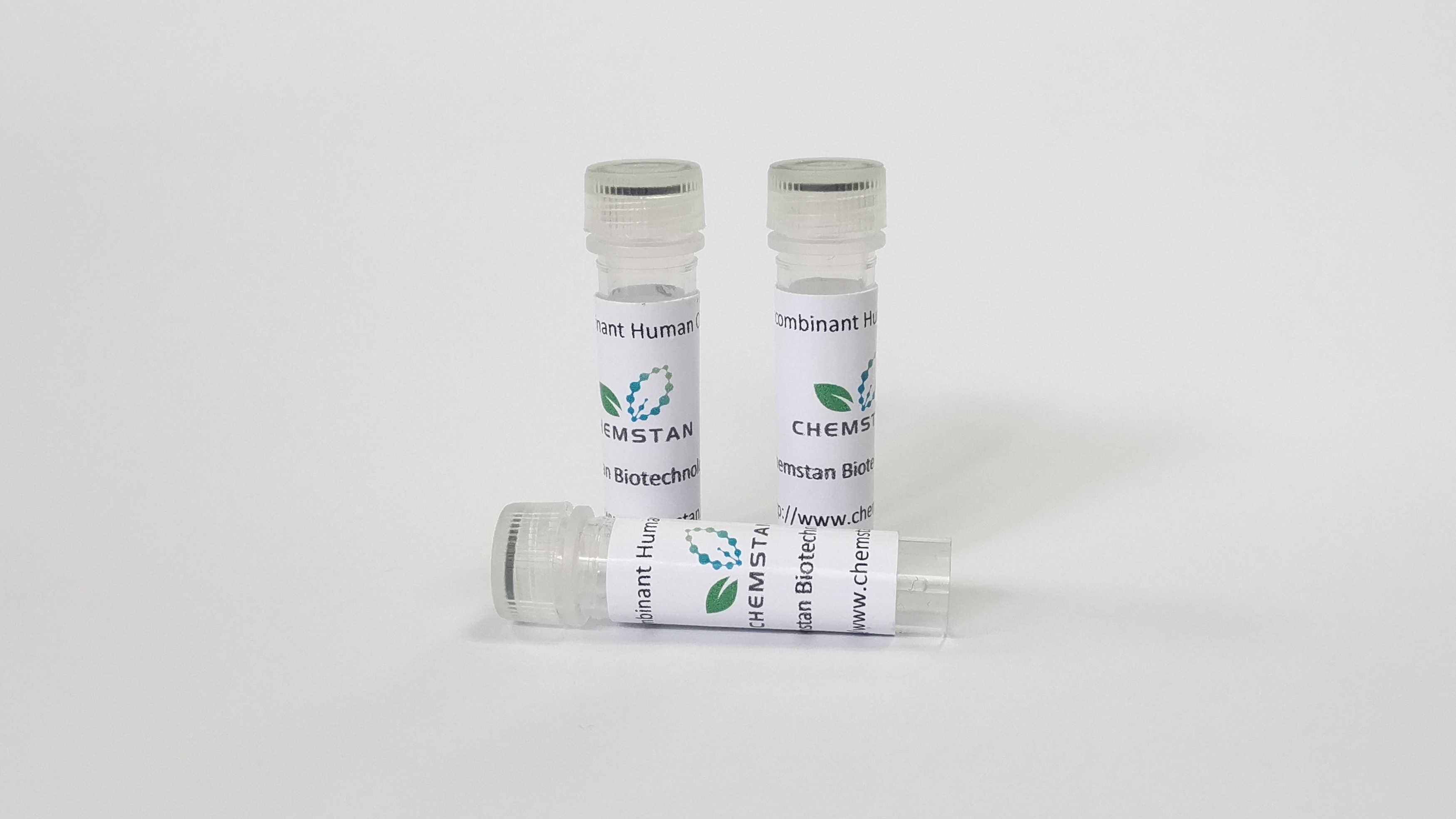
浏览量: 269
- 产品名称: Research Grade Anti CD146/MUC18 (c3.19.1)
- 产品货号: CSD00714
- 货期: 现货
- 价格与订购: 2480
- 数量:
库存: 100
- 规格: 100μg
- 产品信息
- 如何订购
货号(Catalog No.)
CSD00714
纯度(Purity)
>95%
浓度( Concentration)
1mg/ml
Formulation
PBS buffer PH7.5
Source
XtenCHO
内毒素(Endotoxin level)
Please contact with the lab for this information.
生物活性
产品描述(Description)
c3.19.1refers to a fully human IgG2 monoclonal antibody directed against the MUC18 antigen. The antibody was generated using XenoMouse® technology (Abgenix, Inc. Fremont, Calif.) and consists of human gamma 2 heavy and kappa light chains with a molecular weight of approximately 150 kDa.
别名(Alternative names)
c3.19.1
靶点;物种(Specificity target name;species)
CD146/MUC18[Homo sapiens]
靶点背景信息(Target information)
CD146, also known as the melanoma cell adhesion molecule (MCAM) or cell surface glycoprotein MUC18, is a 113kDa cell adhesion molecule currently used as a marker for endothelial cell lineage. As a member of the Immunoglobulin superfamily, It is expressed on chicken embryonic spleen and thymus, activated human T cells, endothelial progenitors such as angioblasts and mesenchymal stem cells, and strongly expressed on blood vessel endothelium and smooth muscle. CD146 has been demonstrated to appear on a small subset of T and B lymphocytes in the peripheral blood of healthy individuals. The CD146+ T cells display an immunophenotype consistent with effector memory cells and have a distinct gene profile from the CD146- T cells. As a Ca2+ independent cell adhesion molecule involved in heterophilic cell to cell interactions and a surface receptor,CD146 triggers tyrosine phosphorylation of FYN and PTK2 and subsequently induced signal transduction, proteolysis or immune recognition.
种类(Species)
Humanized
受体鉴定(Receptor identification)
Human IgG2
化学信息
分子量(MV)
150000.00 Da
存储条件(Storage)
Use a manual defrost freezer and avoid repeated freeze-thaw cycles.
Store at +4°C short term (1-2 weeks).
Store at -20 °C 12 months.
Store at -80°C long term.
Store at +4°C short term (1-2 weeks).
Store at -20 °C 12 months.
Store at -80°C long term.
Note
For research use only .

 地 址:
地 址: 产品销售:
产品销售: E - mail :
E - mail : 邮 编:
邮 编:
 Amily
Amily


